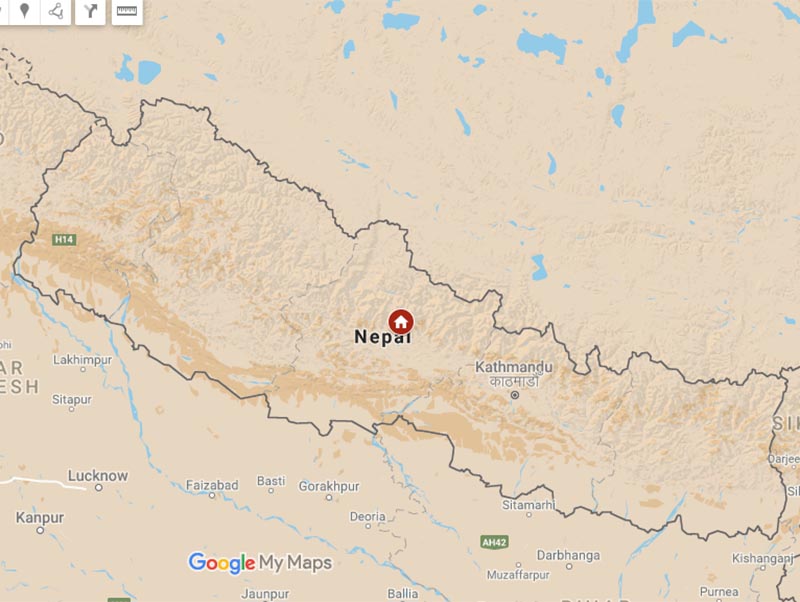Nepal’s Rule of Law Index remains static
Kathmandu, March 12
Nepal was ranked 61st globally in the Rule of Law Index-2020 released by Washington-based World Justice Project yesterday.
According to WJP, the annual report is based on national surveys of more than 130,000 households and 4,000 legal practitioners and experts around the world. The index measures rule of law performance in 128 countries and jurisdictions across eight primary factors, which include constraints on government power, absence of corruption, open government, fundamental rights, order and security, regulatory enforcement, civil justice and criminal justice. The index is said to be the world’s leading source for original and independent data on the situation of rule of law.
Nepal’s overall rule of law score fell by less than one per cent in this year’s index. At 61st place out of 128 countries and jurisdictions worldwide, Nepal retained the same position for global rank, with score of 0.53 out of one. Nepal scored first place among six countries (Afghanistan, Bangladesh, India, Nepal, Pakistan and Sri Lanka) surveyed in the South Asia region and second out of 19 low income countries.
Regionally, South Asia’s top performer in the index is Nepal (61st out of 128 countries globally), followed by Sri Lanka and India. India has been ranked 69th globally, with score of 0.51 out of one. Three countries with the lowest scores in the region were Bangladesh, Pakistan and Afghanistan. Denmark, Norway and Finland topped the index. Venezuela, Cambodia and Democratic Republic of the Congo had the lowest overall rule of law scores, the same as in 2019.
According to WJP, more countries declined than improved in overall rule of law performance for a third year in a row, continuing a negative slide toward weakening and stagnating rule of law around the world. The majority of countries showing deteriorating rule of law in the 2020 index also declined in the previous year, demonstrating a persistent downward trend. This was particularly pronounced in the Index factor measuring constraints on government power.
The declines were widespread and seen in all corners of the world. In every region, a majority of countries slipped backward or remained unchanged in their overall rule of law performance since 2019. Countries with the strongest improvement in rule of law were Ethiopia (5.6 per cent increase in score) and Malaysia (5.1 per cent).“The rule of law is not just a matter for judges or lawyers,” said William H Neukom, WJP founder and CEO, in the report. “It is the bedrock of communities of justice, opportunity, and peace. We are all stakeholders in the rule of law and therefore we have a role to play in upholding it. The 2020 index underscores that we have our work cut out for us.”
The WJP defines the rule of law as a durable system of laws, institutions, norms and community commitment that delivers accountability, just laws, open government, and accessible justice.






